OUvroir de MUsique POtentielle, launched in 2004, is the counterpart to the OuLiPo (Ouvroir de Littérature Potentiel) literary movement invented in the 1960s by the Surrealists. The label applies the principle of art under constraint, asking artists to remix part of the catalogue in accordance with a pre-established charter. The collection currently comprises six albums.
Each opus is accompanied by an original 16-page comic strip, designed by oubapiens under similar constraints.
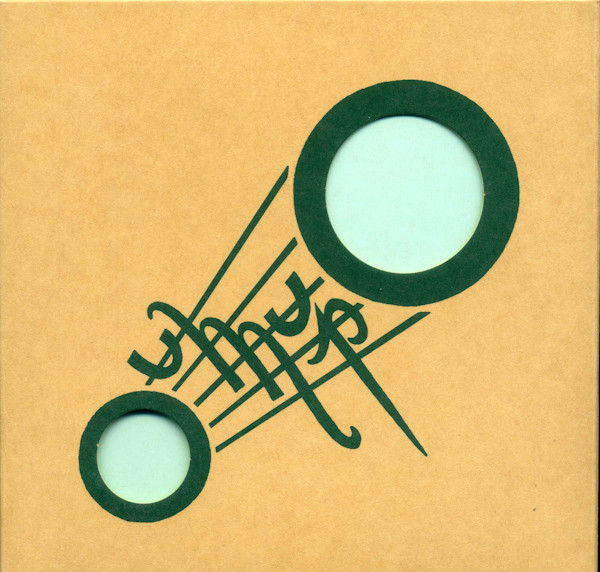
-
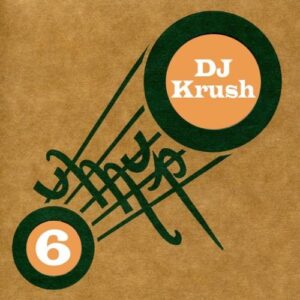
OuMuPo 6 : DJ Krush & Killofer
10,00 € Add to cart -
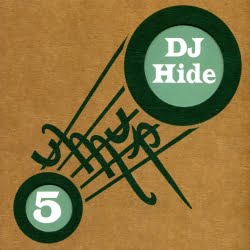
OuMuPo 5 : DJ Hide & Dupuy / Berberian
8,00 € Add to cart -
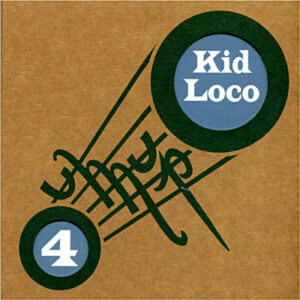
OuMuPo 4 : Kid Loco & JC Menu
8,00 € Add to cart -
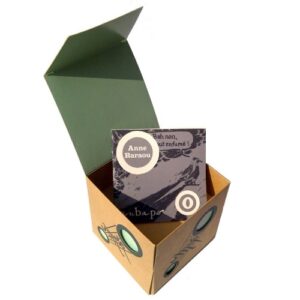
Box Vide + Livret Anne Baraou
5,00 € Read more -
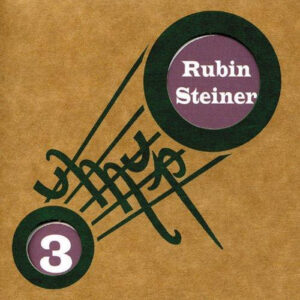
OuMuPo 3 : Rubin Steiner & Luz
8,00 € Add to cart -
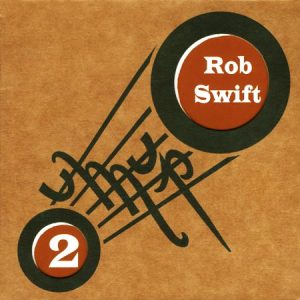
OuMuPo 2 : Rob Swift & E.Lecroart
8,00 € Add to cart -
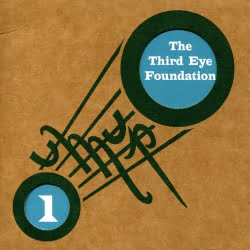
OuMuPo 1 : Third Eye Foundation & J.Gerner
8,00 € Add to cart -

Box+6 Cd+Livret Anne Baraou
50,00 € Read more
The OuMuPo Chart
(OUvroir de MUsique POtentielle – Potential Music Workshop)
The reservoir of potential music is constituted by Ici D’Ailleurs and its electronic division 0101. The basis for each piece must therefore be found in the Ici D’Ailleurs / 0101 catalogue. The composer must appropriate the titles in this catalogue, twist them to his or her own advantage and add what he or she deems necessary.
All samples used must be free of copyright or communicated to the label for copyright management.A passage of at least thirty seconds must be chosen to appear twice on the album. This passage must play the role of a theme or slogan, remixed or not, and be in harmony with the album as a whole.
The exercise must last forty-two minutes (42′).
The end of the album must be connected to the beginning, so that it can be listened to in a loop.
No more than two tracks from any one album in the catalogue may be chosen. If the composer wishes to use a second piece, it must be separated from the first by at least two tracks.
The composer must use works by more than five artists on the label..
The composer is free to choose his/her own constraint and must declare it.
The composer will refrain from using Dominique Petitgand’s texts outside their musical context. Their use as jingles or similar gimmicks is considered a pitfall to be avoided. If these texts are used, they must be used for at least twenty seconds.
